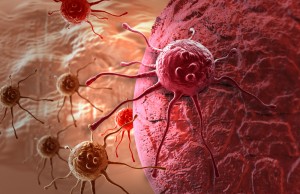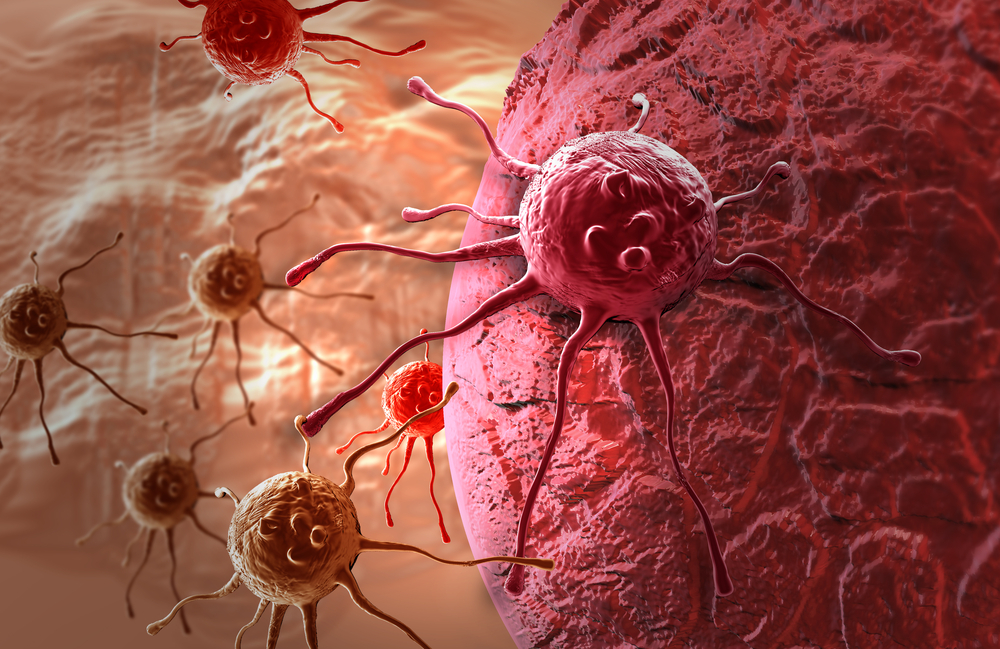 Theralase Technologies Inc., a frontrunner in super-pulsed laser technology recently pivoted their focus to cancer treatment. Using Photo Dynamic Compounds – or PDCs – in combination with the light from its super-pulsed laser technology, the company reported significant results from pre-clinical trials in destroying cancer cells.
Theralase Technologies Inc., a frontrunner in super-pulsed laser technology recently pivoted their focus to cancer treatment. Using Photo Dynamic Compounds – or PDCs – in combination with the light from its super-pulsed laser technology, the company reported significant results from pre-clinical trials in destroying cancer cells.
The company started its pre-clinical trial in 2012 using mice models of colon cancer. The study revealed that after using its PDCs the majority of tumor cells were completely destroyed. An additional experiment conducted in May 2014 confirmed these results, showing that approximately 60% of mice did not suffer from tumor recurrence after 10 to 23 days, while 40% had residual tumor cells that was rapidly eliminated by further treatments.
These findings strongly indicated a possible immune-mediated “memory response” that destroys malignant cells, which was tested in additional trials run by the company, in which PDT proved efficient in eradicating the primary tumor while initiating an alteration to the immune system that could specifically target tumor cells beyond treatment completion. Importantly, this type of boost to the immune system was also responsible for the elimination of micro metastasis, allowing a long-term cancer control and avoiding cancer recurrence.
In a recent news release, Dr. Michael Jewett MD, clinical investigator and uro-oncologist at University Health Network said, “Theralase continues to make great strides in the refinement of their PDT technology. I remain excited about the possibilities of this discovery. If research can be replicated in humans and demonstrate the same efficacy that it has in small animals, then the implications are clearly immense.”
The company also revealed they are going to begin a Phase I/II trial for bladder cancer to confirm the effects of their technology in humans, along with a joint collaboration with JSS Medical Research Inc. for the completion of an FDA/Health Canada Phase I/IIa study that is going to evaluate its technology for the treatment of non-muscle invasive bladder cancer.
Morevover, the company highlighted a study from the University of Toledo that replicated the results obtained in their preclinical studies using their in-vitro PDC experimentation in animal models of bladder cancer. The results from this trial, revealed that one of Theralase’s PDCs was able to clearly localize malignant tissue and destroy cancer cells.
These results may encourage other institutions to use Theralase technology, leading to long-term partnership prospects.
“Validation and optimization of our PDC technology is required in order to provide the scientific rigour required to advance this technology to human clinical trials. I am delighted that our scientific and preclinical research teams continue to further understand and validate this effect to allow us to prepare for clinical validation in human patients. If we are able to validate the effect in humans, then the implications of this discovery are nothing short of game changing for both Theralase and more importantly for cancer patients,” stated Roger Dumoulin-White, President and CEO of Theralase.


